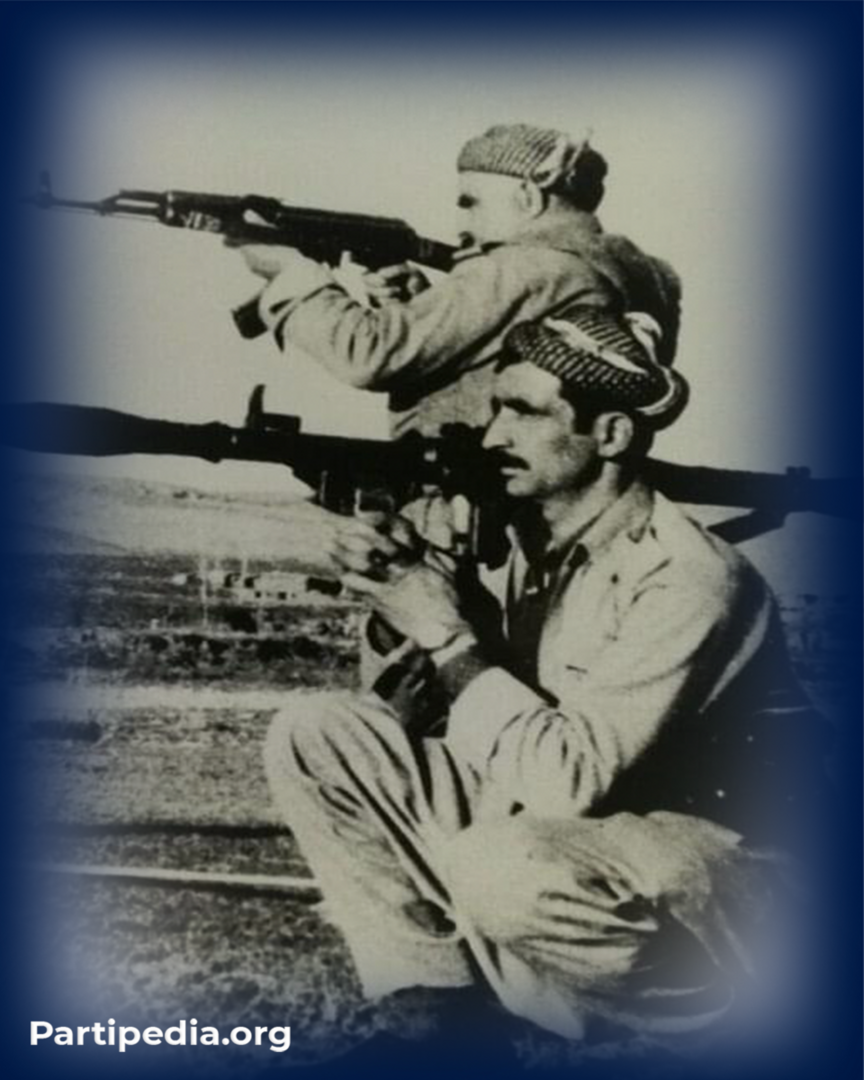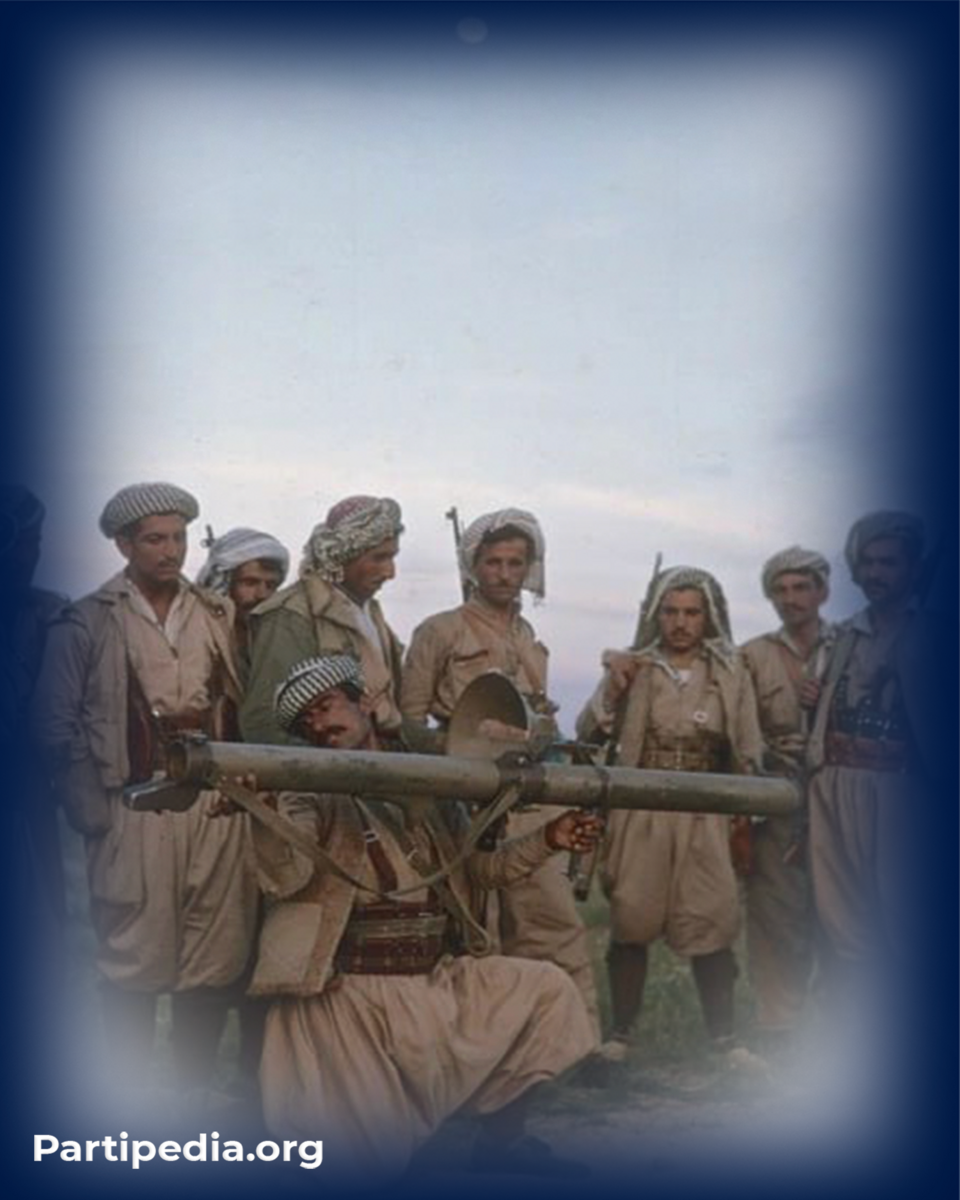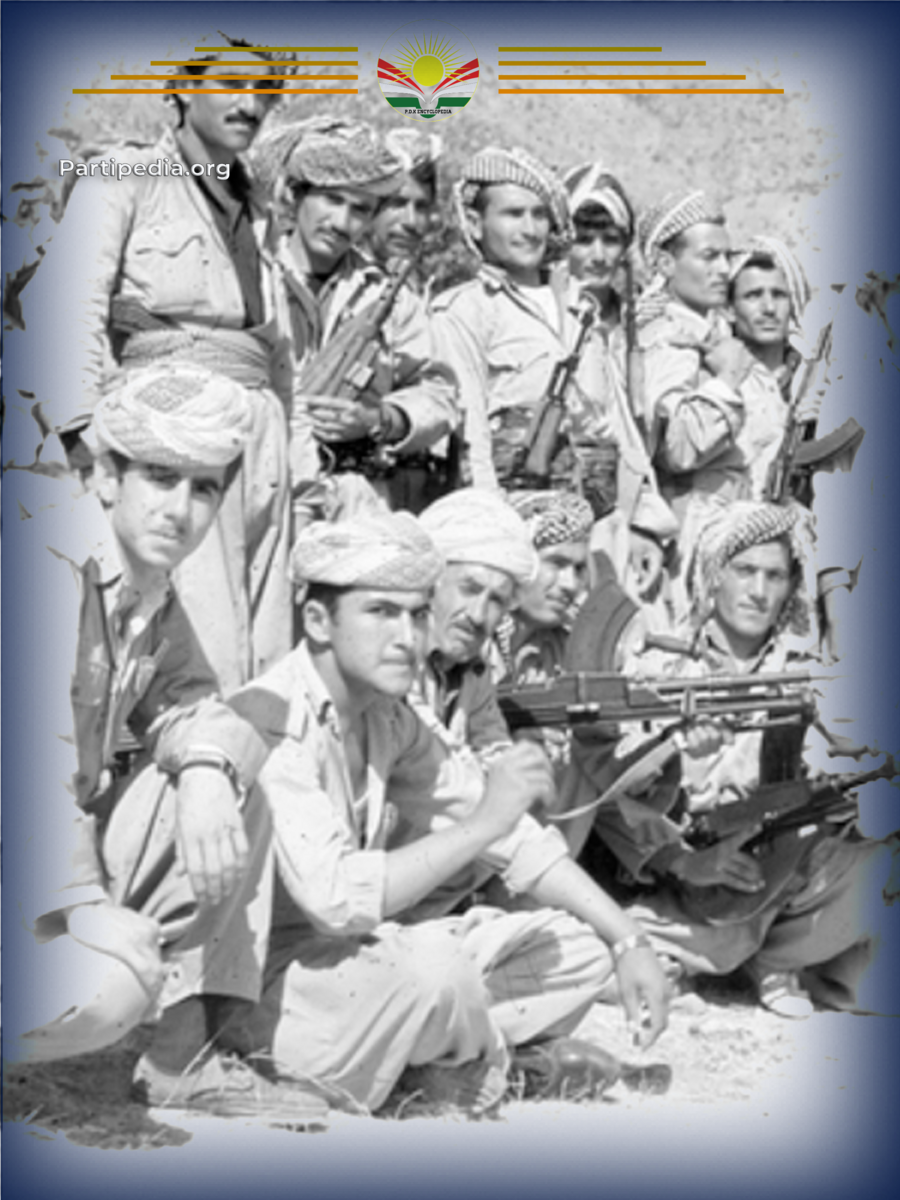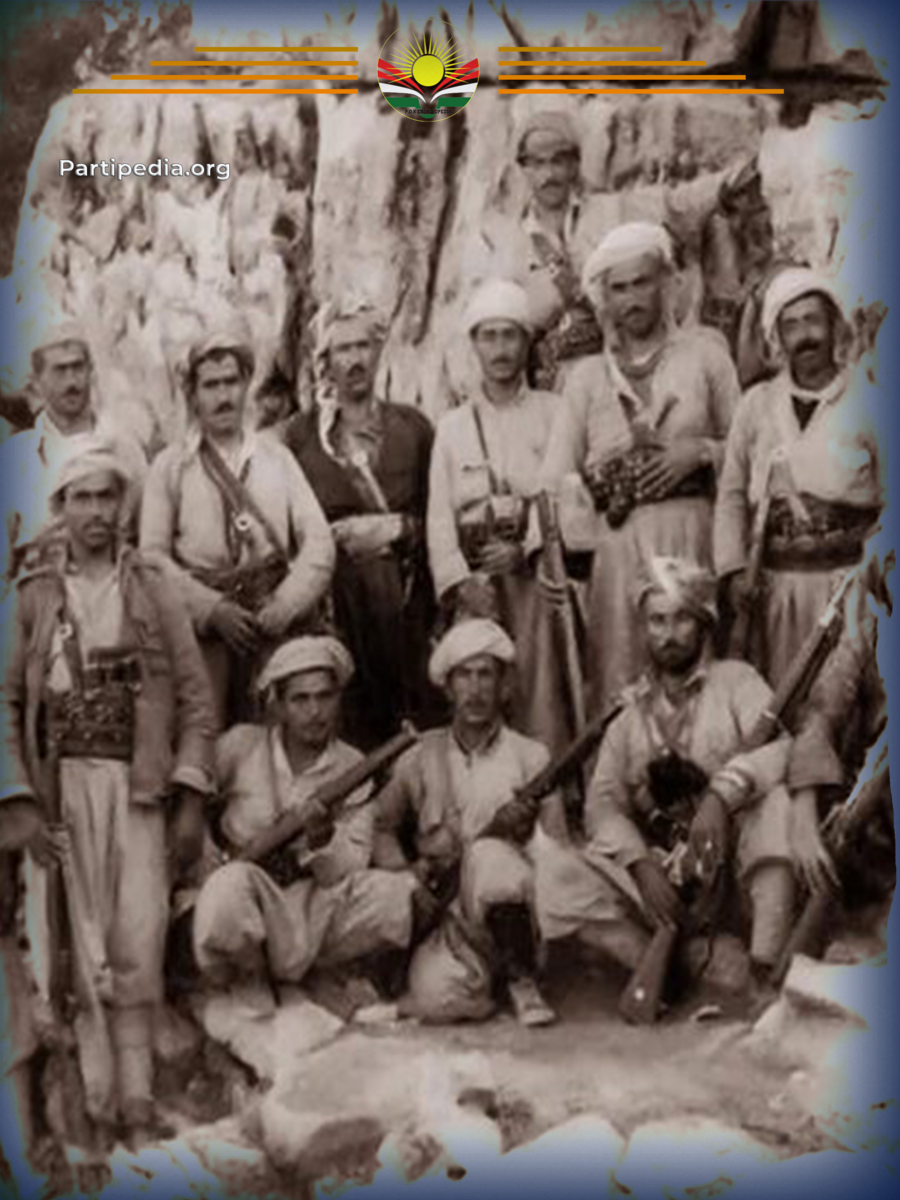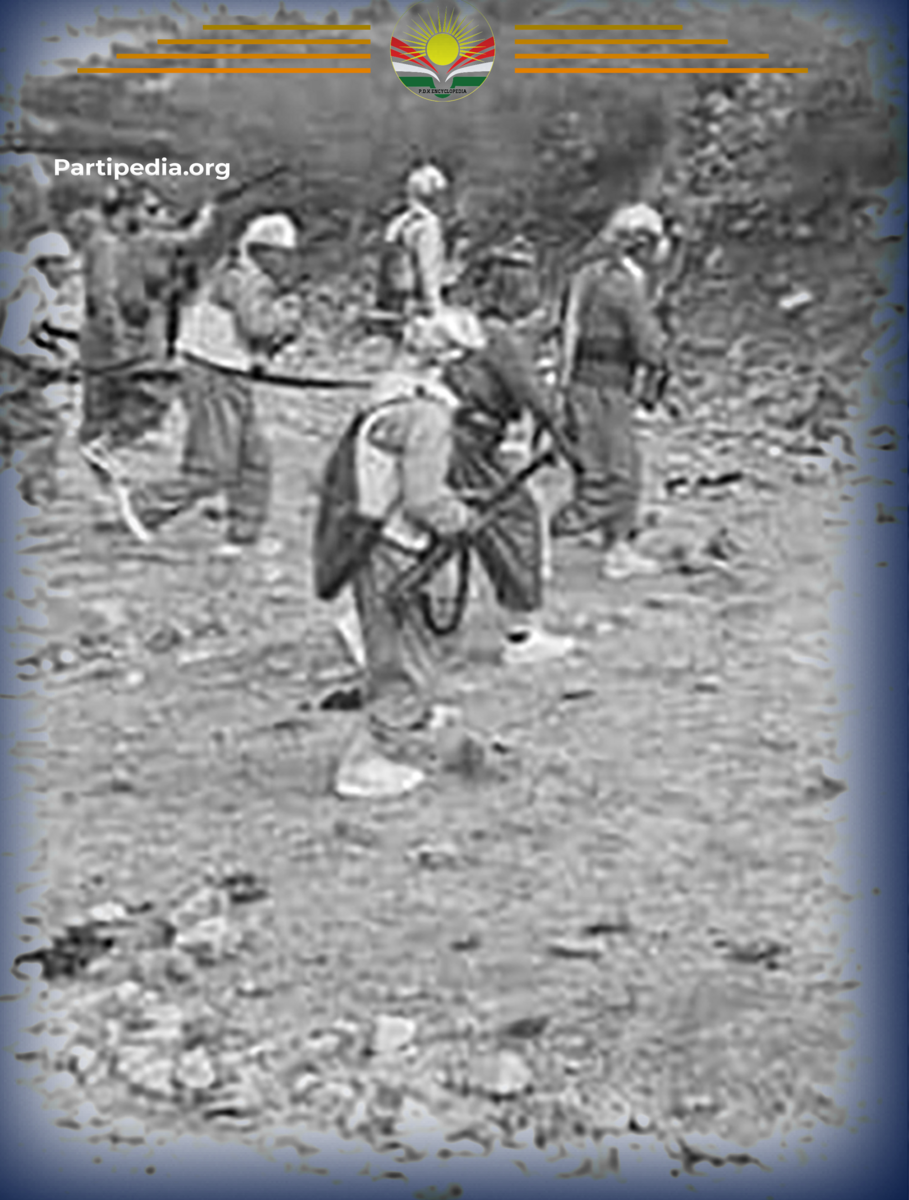The Kurdish revolution encountered distinctive circumstances in line with the prevailing stage and conditions of that era. As the revolution demanded frontal confrontations, cities and regions were liberated, and the Peshmerga forces stationed themselves there to engage the enemy. However, when the Gulan Revolution erupted, the situation necessitated the Peshmerga forces to adopt partisan warfare against the military and security institutions of the Ba'ath regime. They effectively conveyed the revolutionary message and its importance to the higher ranks of the government. However, it is essential to recognize the crucial role played by urban organizations that actively encouraged and guided the Revolution. Moreover, through this collaboration, both the organization's cadres and the Peshmerga forces were able to carry out their revolutionary responsibilities. Additionally, despite implementing their courageous and heroic activities within cities, even in areas under government control, their covert operations remained a secret.
The courageous Kurdistan Peshmerga Forces, led by Col. Babakr and Hoshyar Zebari, successfully executed a valiant operation in the heart of Akre city. Back in 1983, in Akre, the joint forces of the Kurdistan Democratic Party (KDP) and the Iraqi Communist Party meticulously devised a plan to strike the Ba'athist party headquarters. Following the attack strategy and map, they strategically divided themselves into different locations and launched assaults on the Ba'athist bases and institutions within the city at the designated time and place. Their swift and precise actions resulted in significant damage inflicted upon the Ba'athist establishments within a remarkably short span of time.
Peshmergas Abdullah Qado, Sulaiman Harni, Bilal Surchi, Abdulaziz Amedi, Sadiq Goezi, Ahmed Shahin, Reza, Shimal Zebari, and Sheikh Ahmed Surchi actively participated in the battle, and they played a significant role in the conflict. Consequently, the battle resulted in substantial damage to Ba'athist institutions and sparked a strong reaction in the region. Unfortunately, on the side of the revolutionary forces, one Peshmerga named Sheikh Ahmad Surchi was martyred, while two others, Jassim Zebari and Ahmad Baharki, sustained injuries.
Sources:
-
مهسعود بارزانی، بارزانی و بزوتنهوهی ڕزگاریخوازی كورد، بهرگی چوارهم، ١٩٧٥-١٩٩٠ شۆڕشی گوڵان، بهشی دووهم، چاپی یهكهم، چاپخانهی ڕوكسانا، ٢٠٢١.
-
غازی عادل گهردی، پێشمهرگهیهك له خزمهت بارزانیدا... حهجی بێڕۆخ، بهرگی دووهم چاپی دووهم، توركیا- ٢٠٢١.




